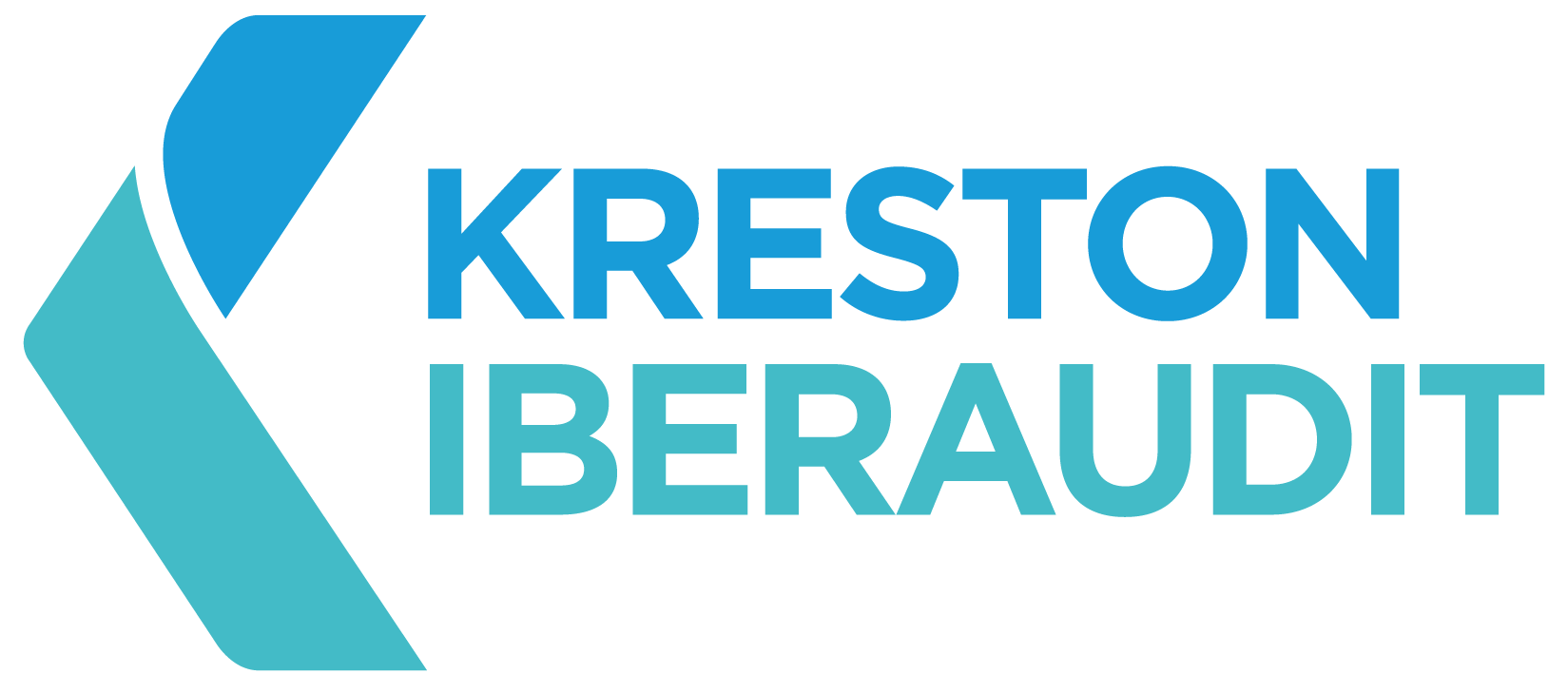I am aware that this is a model that has tried to be established with little success in Spain for various reasons, but I did not want to stop inviting reflection once again in light of the report that the Competition and Markets Authority (CMA) has prepared, with various recommendations to address the competition problems in the audit sector in the United Kingdom.
The report makes a series of recommendations to promote the quality and resilience of the regulatory framework of the audit sector in the United Kingdom, which states that the mandatory joint audit would be a possible remedy for medium-sized audit firms to be able to audit large companies from the FTSE350. According to this report, it would be a medium-term solution as it would allow these firms to develop and become options for performing large-scale audit works, which would be beneficial for the sector.
The joint audit, whose objective is for two or more independent auditors to jointly perform audit works on the financial statements of a company in order to issue a single report, offers us a range of different advantages and benefits for all parties of the economic and business sector.
Among these advantages and benefits, we agree that the exercising of professional scepticism is favoured, in addition to strengthening the auditor’s independence, giving way to medium-sized audit firms assuming large-scale challenges, both geographically and in terns of size, sector or environment, as well as stimulating innovation in audit processes.
If we are guided by the auditing experience in France, where the joint audit is a much more mature and even mandatory modality in some contexts, the sector has benefited as a whole, medium-sized firms have grown in new markets and costs have hardly been increased neither by the customer nor by the auditor.
The idea is to create a WIN-WIN-WIN context in which the audited and the auditor benefit from a modality that improves the current model.


